Global Volunteers’ Clinic Stabilizes Family Health in Tanzania
Global Volunteers promotes the well-being of children around the world in many different ways so they can realize their full potential. In this second post in a series, health care staff describes the important place of the Ipalamwa General Clinic (IGC) to stabilize family health in Tanzania, and the need for advanced medical services to help village children and mothers thrive.
The Reaching Children’s Potential (RCP) Program in the Ukwega Ward of Tanzania focuses on families with pregnant women or new mothers, and accompanies them through their child’s second birthday – that is, the first 1,000 days of life. Because an essential part of family health in Tanzania is access to medical care, Global Volunteers built and operates IGC to serve the five rural villages in the program. Local staff and families together provide a brief summary of the specific services and interventions at ICG, and explain why this advanced medical attention is a step up from what’s available outside the Ward.
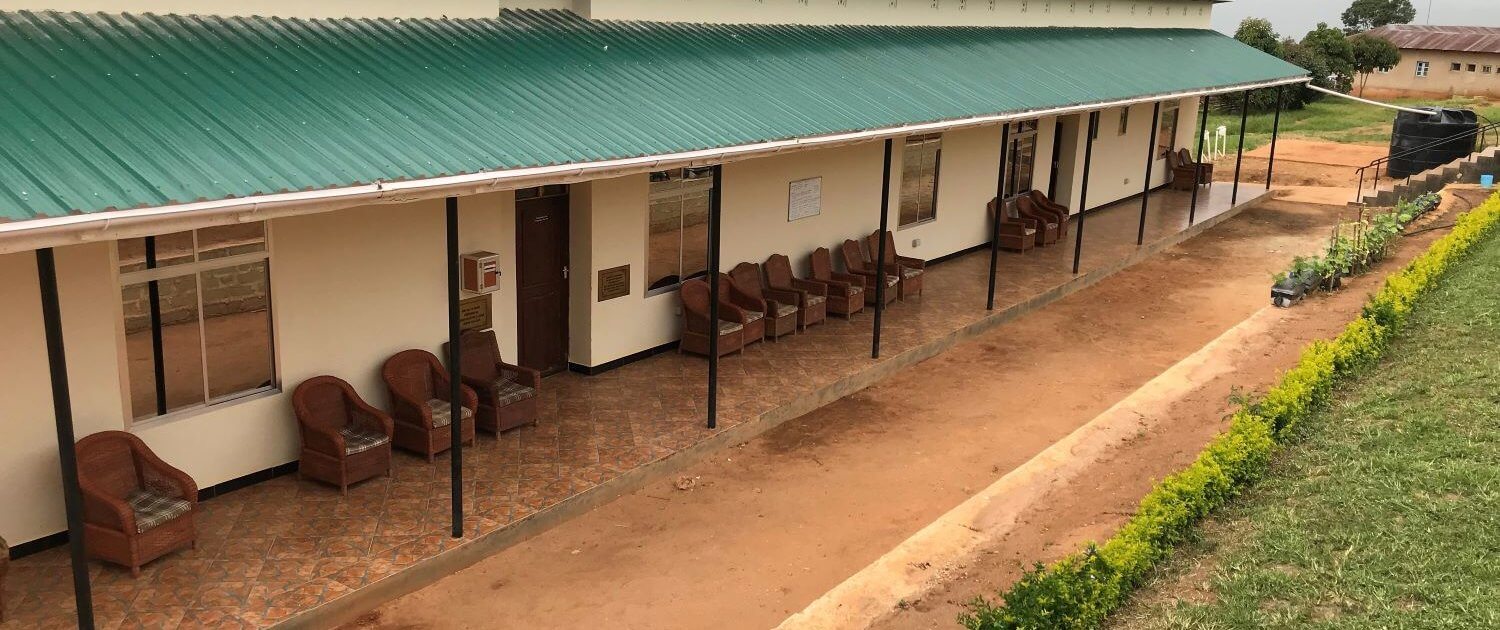
Traditional Medicine is Foundational in Rural Communities
Regina Mhagama, Tanzania RCP Caregiver Supervisor, says the families of the Ukwega Ward are accustomed to local traditional medicine. “Community elders have offered remedies based upon customary practices handed down through generations, when they didn’t have a dispensary for local medicine,” Regina explains. “They find their cures in the forest, and then keep it at home.” She cited a few examples:
- Boiled eucalyptus with slices of lemon for influenza
- Fish oil to wipe a baby’s stomach when feeling pain
- Garlic for coughing or seizure
- Ginger for the flu, stomach pain, and for a missed period
- Guava leaves for upset stomach and diarrhea
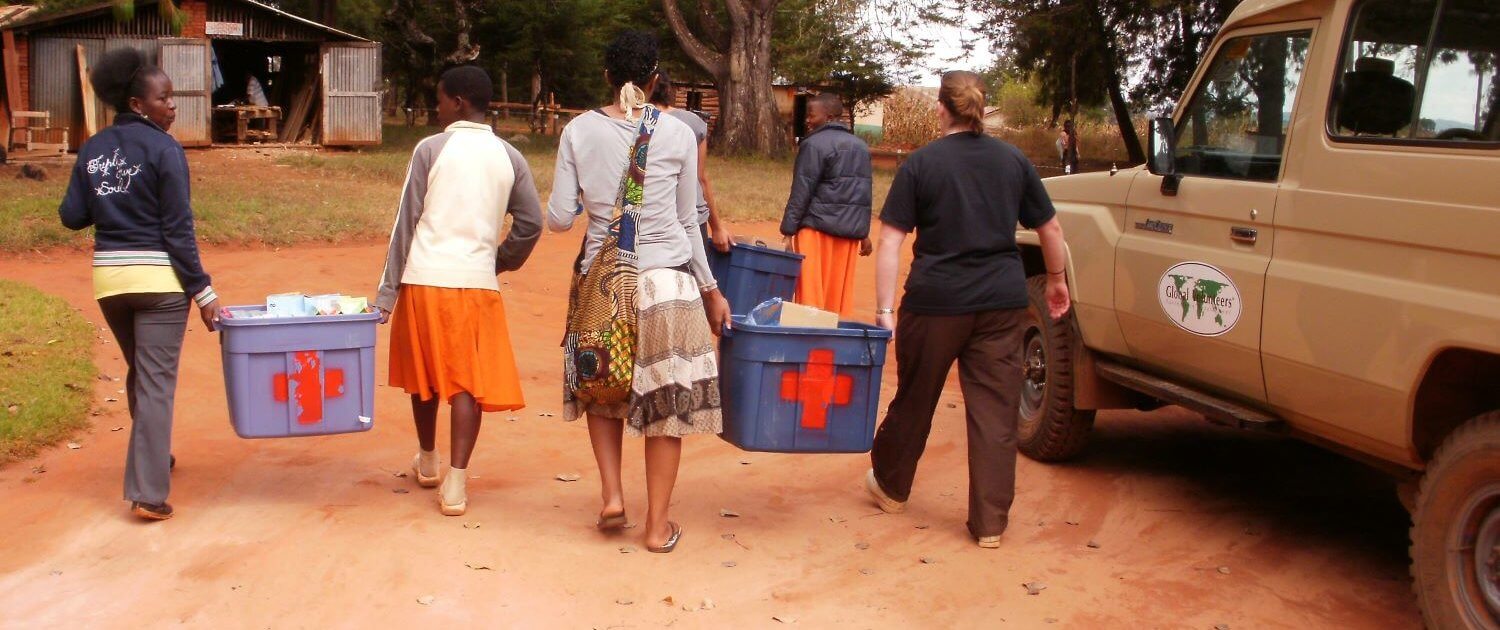
“When somebody faces a certain challenge, the older people offer local medicine. In each village, there is also a government dispensary offering limited services at an affordable cost,” said Regina. Elders, pregnant women, and children below five receive care for free. A dispensary offers customary services such as births and treatments of common illnesses. “But increasingly, RCP families and other people prefer the IGC because of the availability of quality services, especially ultrasound and other screenings, baby deliveries and medicine. Most important,” she stressed, “is the opportunity to see a doctor – which largely isn’t available at dispensaries – to ensure family health in Tanzania.”
Providing Modern Medical Care in the Village
The greatest medical challenges in the villages are proper medical care and medicines, says Dr. Benjamin Eliot Makafu, IGC Doctor-in-Charge. “Some of the villagers are not used to modern medicine. They rely on traditional medicine, and so I often see them in their worst state after the traditional medicine has failed them.” He points to the difficulty of getting to the clinic because of distance or lack of transportation as complications. “Once a patient makes it to IGC, there are a lot of medications that were not available previously to them for their treatment,” said Dr. Makafu.
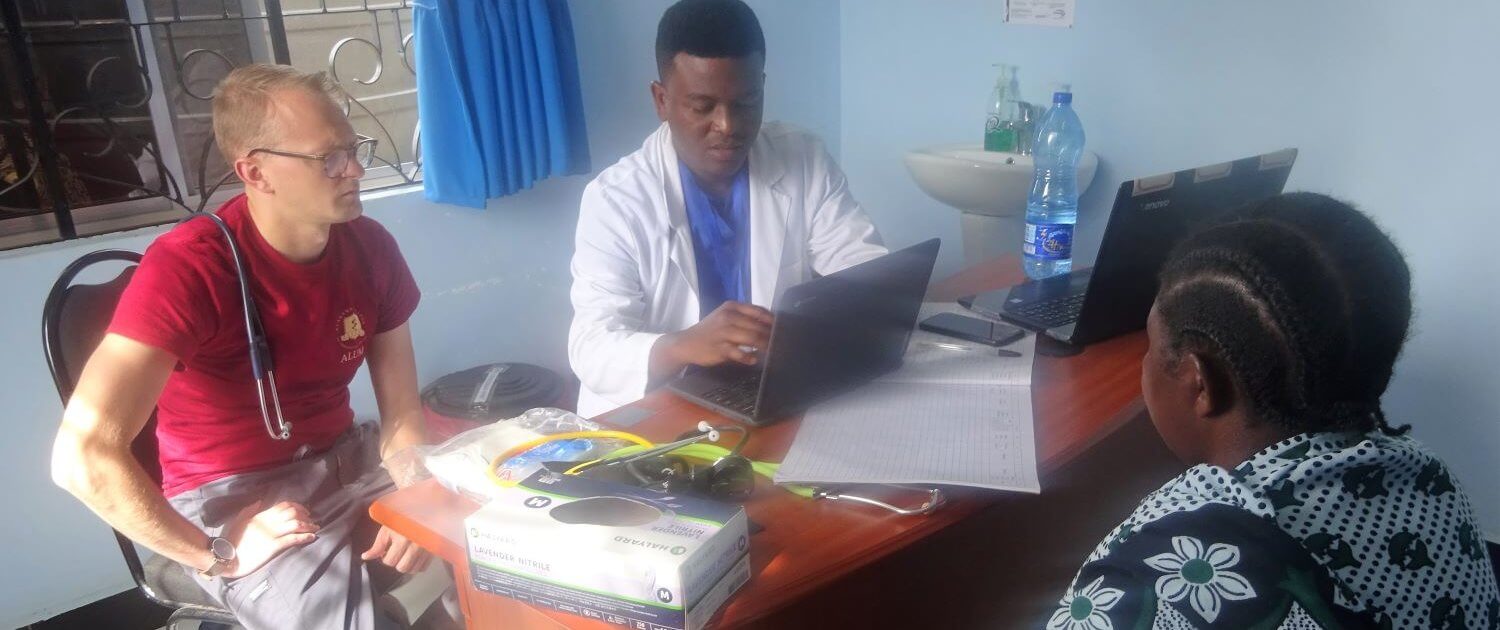
“We get all kinds of patients,” he continued. The most common conditions he sees are upper respiratory infections, gastrointestinal infections, hypertension, joint diseases and skin diseases. But some patients cannot be helped at IGC. “In the villages, there still is a lot that cannot be cured at this level of healthcare. For example, we get cancer patients, surgical patients, patients that need blood transfusions, dental patients, and adult men and women that need hospitalization.”
“Some of the villagers are not used to modern medicine. They rely on traditional medicine, and so I often see them in their worst state after the traditional medicine has failed them.”
Dr. Benjamin Eliot Makafu
“The rule that I have is that I help the patient in the best way I can at the moment I receive them. I explain the ailment or disease and how serious it is and tell them what needs to be done that can’t be done here and why. Then, finally, I give them a referral and advice on where to go and how urgent it is to go there and lay down all options.”
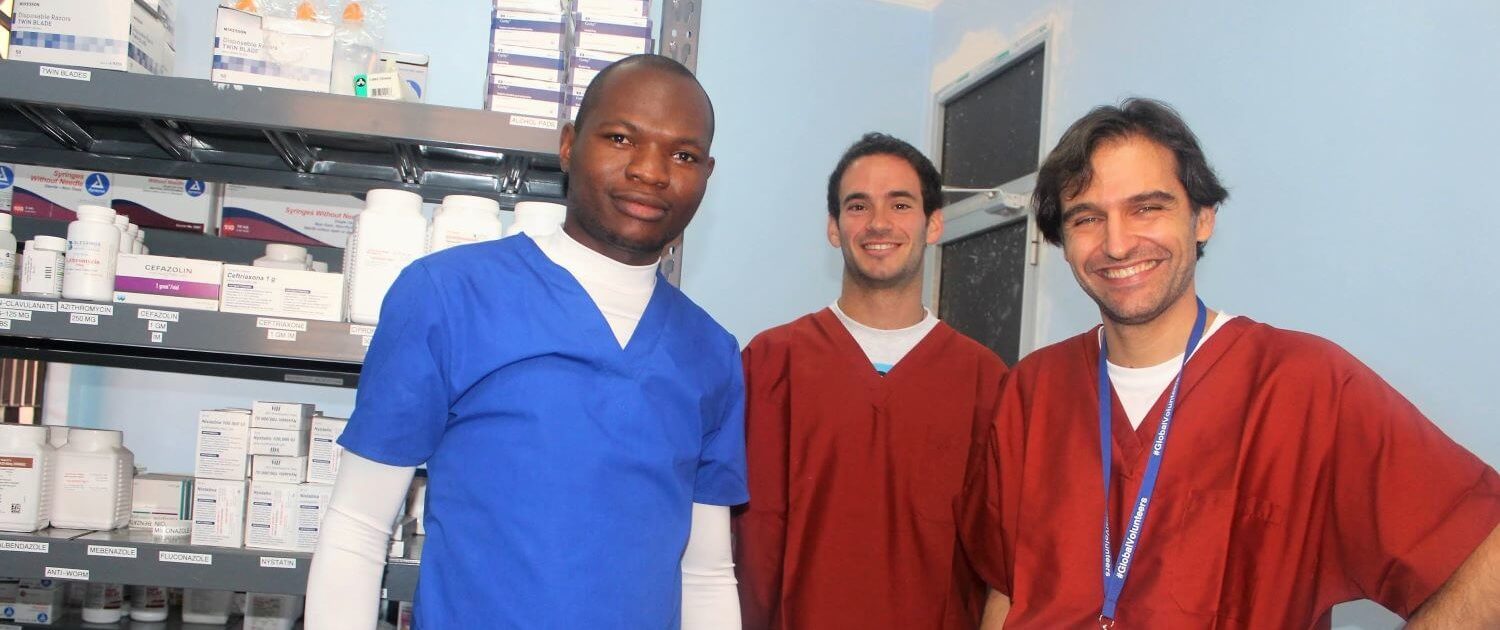
IGC received the formal “general clinic” designation in 2019. It’s one step below a hospital in providing family health care in Tanzania. “This means the clinic has potential to expand its services, and my hopes are that IGC gets a certification for performing Caesarean sections and wards for people who need hospitalization,” Dr. Makafu said. “I arrived when RCP Program consisted of three villages, and now we serve five villages. There is a plan to increase more villages, which seems to me a great way to benefit more moms.”
Meanwhile, the steady stream of patients keeps his staff – a second doctor, two nurse-midwives, a lab technician and pharmacist – very busy. A receptionist and clinic director take extra time to acclimate new patients to the facility before seeing the doctor. But that doesn’t ensure that the first visit always goes smoothly. “The funniest thing at IGC,” says Dr. Makafu, “is that most patients get lost in the corridor. We have one long corridor, and people seem not to understand and get the directions right. Sometimes even the simplest instruction like ‘the door on the left’ can be very challenging to new patients. Some wind up in the funniest places, such as the utility closet, and then wait there for a while before we find them. We’ve learned we actually need to stand and watch to make sure they go to the right rooms,” he laughed.
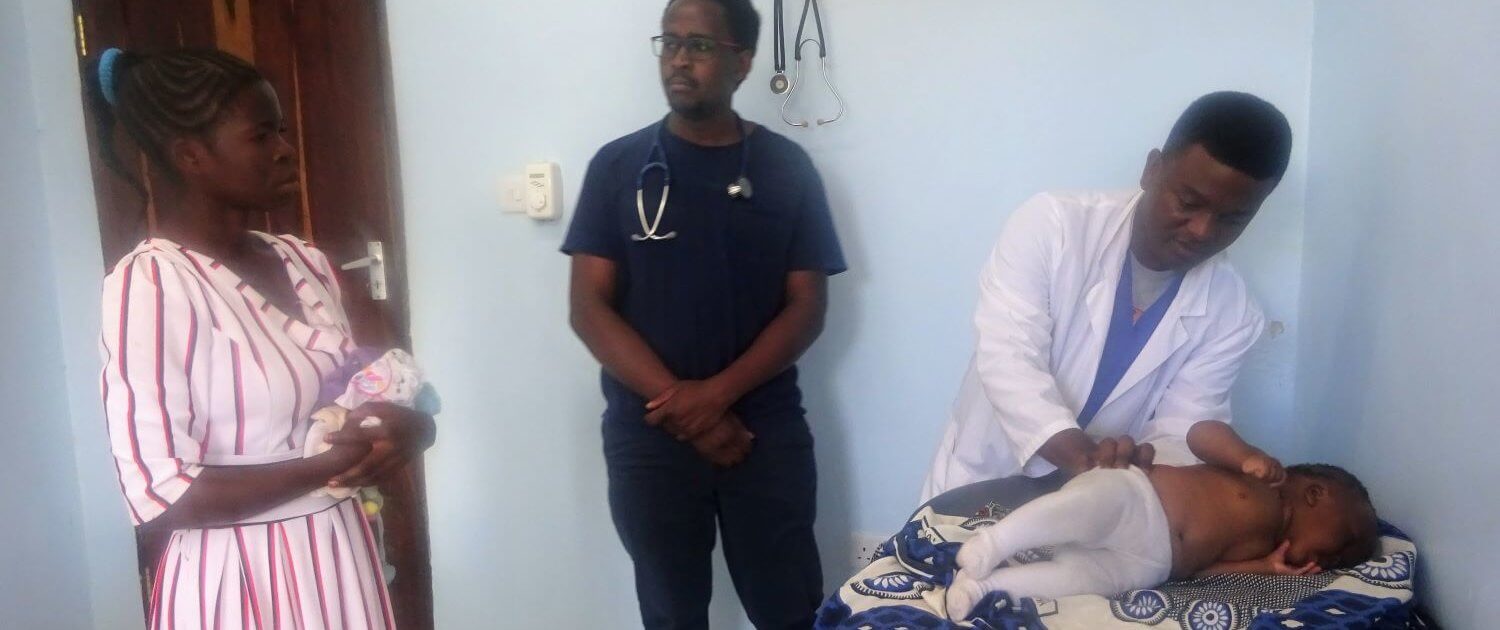
Mothers Grateful for “Excellent Services” at Village Level
RCP mother Sophia Lukonde said she worried about her daughter, Noela Lugessa. “In the four months after I delivered, I noticed that she didn’t have eye contact or response to toys or anything that came close to her. I visited the closest dispensary, and they just gave me medicine for treatment for six days. But my child still had the problem after finishing the treatment, so the situation became the same. I decided to go to the IGC for treatment. The doctors there identified the problem and advised me to go to a special hospital for help. This made me feel so supported, and it was helpful to know where I was supposed to refer my child to receive proper health care.”
Listening to women’s needs is a goal at IGC. Sesiana Duma, another RCP mother, describes the clinic services as “amazing.” “I delivered my last-born, Faith, at the IGC. The way I was treated made me feel less pain compared to other pregnancies. There are really very nice professionals, and all the people are very caring and calm. This made me feel safe all the time. And truly I tell you, I don’t know even how I delivered the baby, I just found that I had her!”
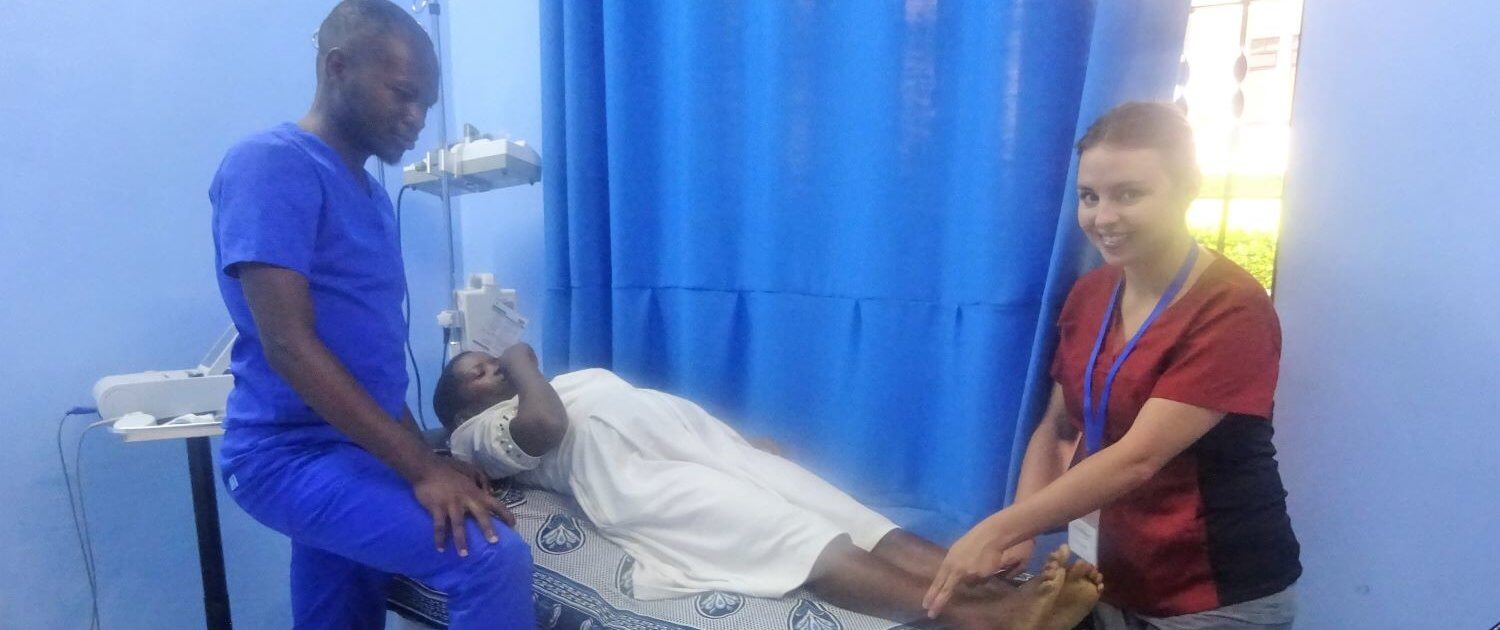
Tidali Nossa said the reputation of IGC draws patients from villages outside of the Ukwega Ward for family health care as well. “This shows how effective and accurate the work they are doing is,” says the RCP father. The personal, attentive service is what makes the difference, he said. “Sometimes when I’m at IGC, I find myself healed before even seeing the doctor because of the environment and how everyone in there treats the patients.”
“Sometimes when I’m at IGC, I find myself healed before even seeing the doctor because of the environment and how everyone in there treats the patients.”
Tidali Nossa
The Foundation for Scaled-Up Expansion
Together, our donors, volunteers and staff have formed a model for family health care in Tanzania that can be replicated throughout Africa. We currently are seeking funding to provide lodging for pregnant women in the days right before and after delivery. And as new services are added, our vision of reaching 200 villages in Tanzania comes into focus.
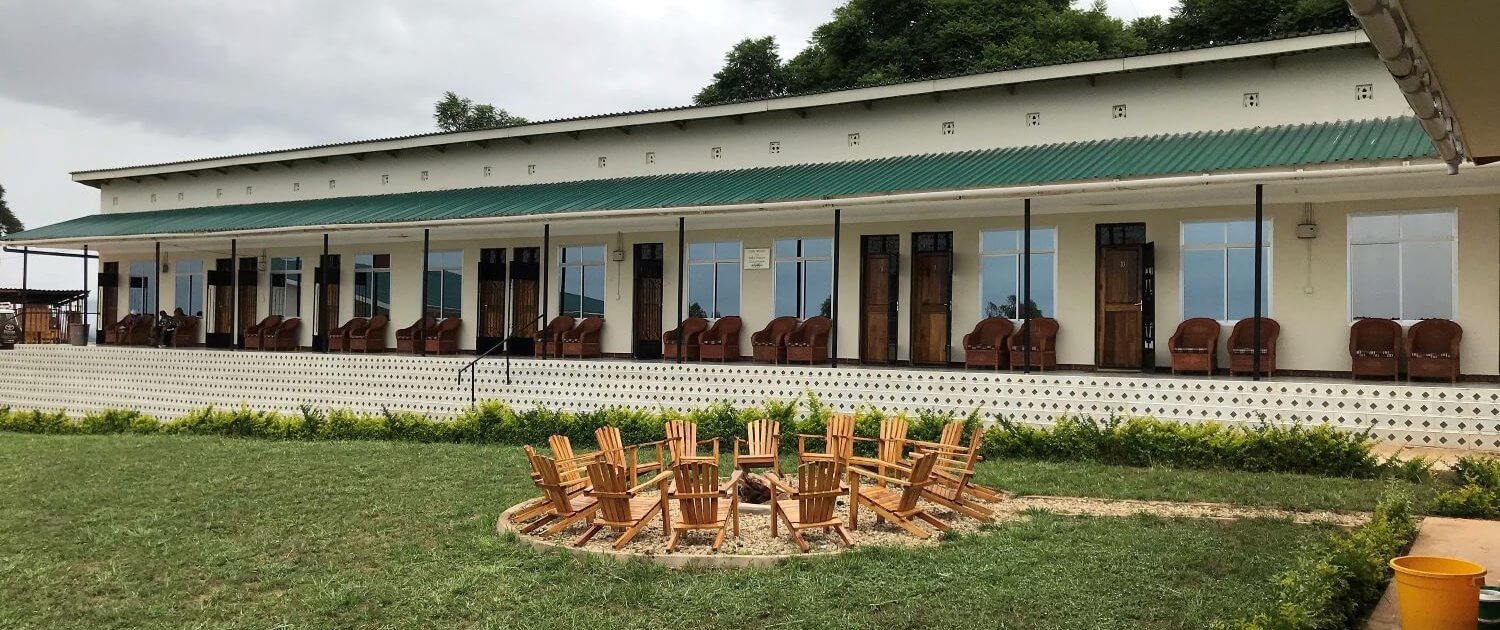
The IGC provides the essential core of family health care for mothers and children participating in the Tanzania Demonstration RCP Program, and contributes to the first of three fundamental supports – prevention from infectious disease, adequate food and proper nutrition – required to eliminate childhood stunting in the Ukwega Ward.
The RCP Impact Report, released in September 2020, finds these critical three interventions are working. Parents participating in the RCP Program in Tanzania reduced stunting in their children by seven percentage points in 18 months – an accomplishment that took 15 years in all of Africa. To replicate this success in future RCP demonstration programs, a general clinic modeled after IGC is a necessary component. In the coming years, obtaining substantial funding to build all the necessary infrastructure and to hire staff will become one of our primary development goals for family health in Tanzania to combat stunting. You can ensure families continue to have access to basic healthcare now by making a donation through the Gift Catalog.
You may also like:

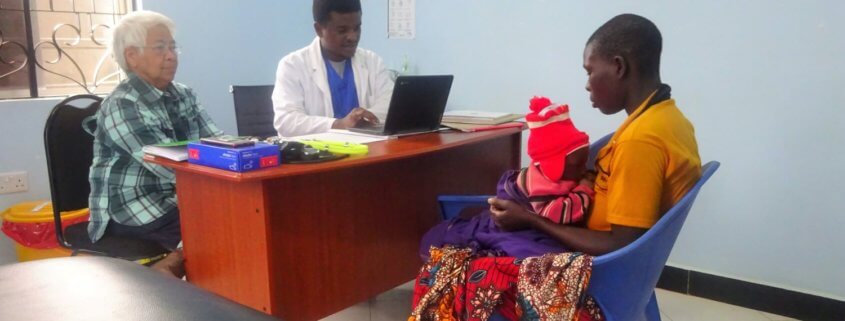


Leave a Reply
Want to join the discussion?Feel free to contribute!